Death and Resurrection
Hosea 13:4 I have been the Lord your God
ever since the land of Egypt;
you know no God but me,
and no Savior exists besides me.
5 I knew you in the wilderness,
in the land of drought.
“Moses didn’t give you bread from heaven, but my Father gives you the true bread from heaven. God’s bread is the man who comes from heaven and gives life to the world.”
Yeshua told them, “I am the bread of life…
John 6:32b,34a NOG
The Death and Resurrection of Lazarus
John has already introduced us to those Jesus loves. Lazarus – HELP from the grave.
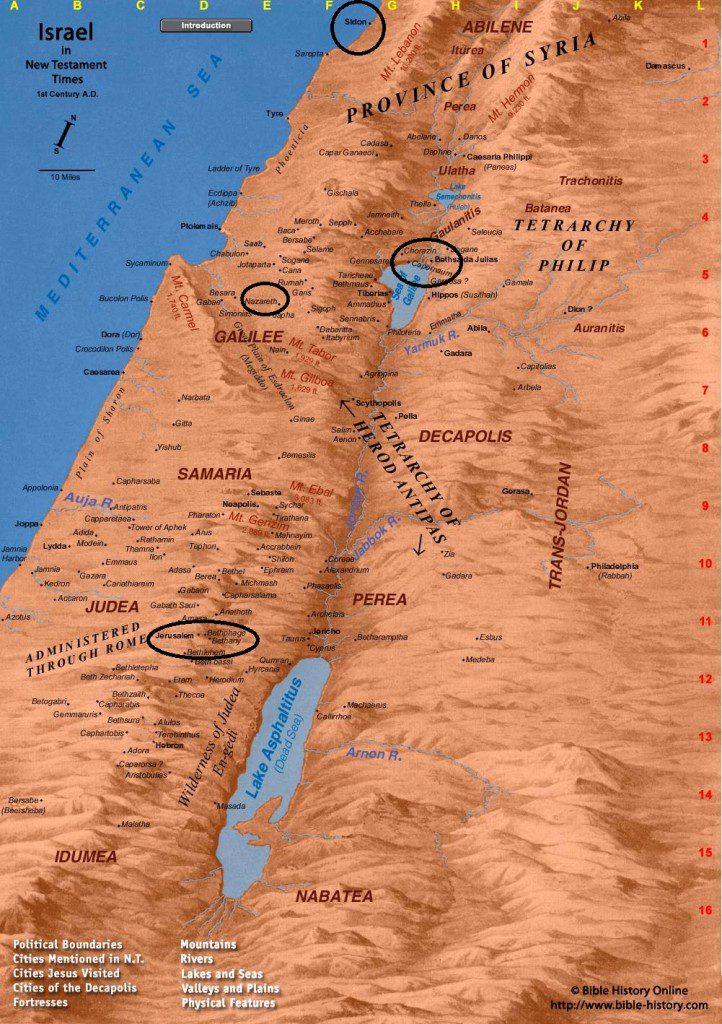
Now after a considerable walk from somewhere beyond Judea, Jesus arrives in Bethany.
Jesus walks into a scene of death visited by mourners who loved Lazarus but also religious officials from Jerusalem who sought to accuse their Messiah of blasphemy for previous signs on the Sabbath.
As reminder of both heavy hearts and hard hearts in the crowds:
John 6:
30 So they said to him, ‘What sign are you going to give us then, so that we may see it and believe you? What work are you performing?
… 40 My Father wants all those who see the Son and believe in him to have eternal life. He wants me to bring them back to life on the last day.”
John 11
17 When Jesus arrived, he found that Lazarus had already been in the tomb four days. Bethany was near Jerusalem (less than two miles away).
He arrives at the funeral of Lazarus. No talk of death and resurrection here, just wailing and mourning his loss.
19 Many Jews had come to Martha and Mary to comfort them about their brother. When Martha heard that Yeshua was coming, she went to meet him.
“Lord, if you had been here, my brother would not have died. But even now I know that God will give you whatever you ask him.”
Lord God
Ἰησοῦν κύριε – Iēsous kyrios – Jesus Lord
Martha addresses their Messiah and friend.
“I know that God, theos in greek referring to any gods, but for Jews and followers of Christ (a Greek word for Messiah), Martha’s confidence in God includes a mysterious relationship between this Son of Man and the HOLY SPIRIT of the LORD God!
“God with” – ὁ – ho – with the Holy Spirit, the very breath of life which hovered over creation.
Gen 1:2 וְהָאָרֶץ הָיְתָה תֹהוּ וָבֹהוּ וְחֹשֶׁךְ עַל־פְּנֵי תְהֹום וְרוּחַ אֱלֹהִים מְרַחֶפֶת עַל־פְּנֵי הַמָּֽיִם׃
“Who are you with,” we would ask?
Jesus, God with us, frequently answered religious critics with personally relational replies like,
“God is spirit, and those G3588 who worship Him must worship in spirit and truth.”
Now, out of compassion for a deceased friend and love for the family of Lazarus, the Messiah Jesus returns to Judea with nothing more to prove. (For the Lord had already raised others from death and healed some near to death of likely life-ending ailments to a cleansing of the flesh with life!)
Death and Resurrection
Death and resurrection always have connection. Will you rise again from the grave?
For Jesus’ friend Lazarus, temporary restoration of health and life in his case. Yet all understand judgment by the Lord God requires a raising of the spirit of your soul to life.
After flesh fails and bones decay to dust and ashes will the Lord also breathe life into a new body of each soul?
“..even now I know that God will give you whatever you ask him.”
23 Yeshua told Martha, “Your brother will come back to life.”
24 Martha answered Yeshua, “I know that he’ll come back to life on the last day, when everyone will come back to life.”
25 Yeshua said to her,
“I am the one who brings people back to life, and I am life itself. Those who believe in me will live even if they die. Everyone who lives and believes in me will never die.
The Messiah of God!
Do you believe that?”
Pause to think:
“I am life itself!” Those who believe in Jesus ( יְהוֹשׁוּעַ ) will live even though we die. The Lord God IS our Salvation!
27 Martha said to him, “Yes, Lord, I believe that you are the Messiah, the Son of God, the one who was expected to come into the world.”
She has said this – that Jesus is the Messiah, the Son of God – with witnesses surrounding her home — Jews who believe and Jews looking for excuse to kill Jesus.
… she went away and called Mary her sister, saying secretly,
“The Teacher is here and is calling for you.”
When Mary heard this she sprang to her feet and went to him.
30 (Yeshua had not yet come into the village but was still where Martha had met him.) The Jews who were comforting Mary in the house saw her get up quickly and leave. So they followed her…
The Messiah approaching death and resurrection
Compelling drama! – with much expectation.
Those who loved this family and mourned the loss of Lazarus would not have expected Mary’s sudden joy. Rather, they followed her to continue their expected public mouring for the death of a fellow Jew.
Imagine their surprise at the scene about to unfold.
33 When Yeshua saw her crying, and the Jews who were crying with her, he was deeply moved and troubled.
34 So Yeshua asked, “Where did you put Lazarus?”
They answered him, “Lord, come and see.”
35 Yeshua cried.
36 The Jews said, “See how much Yeshua loved him.”
An appropriate witness of the true personal compassion of the Lord Jesus. Yet listen to the dissent of hardened hearts.
37 But some of the Jews asked, “Couldn’t this man who gave a blind man sight keep Lazarus from dying?”
Jesus hears our complaints and the Messiah hears our kind words. All those comments of the crowds did not matter to the Son of Man sent to this place to weep – sent here to suffer for our sins.
38 Deeply moved again, Yeshua went to the tomb.
It was a cave with a stone covering the entrance.
39 Yeshua said, “Take the stone away.”
To be continued...
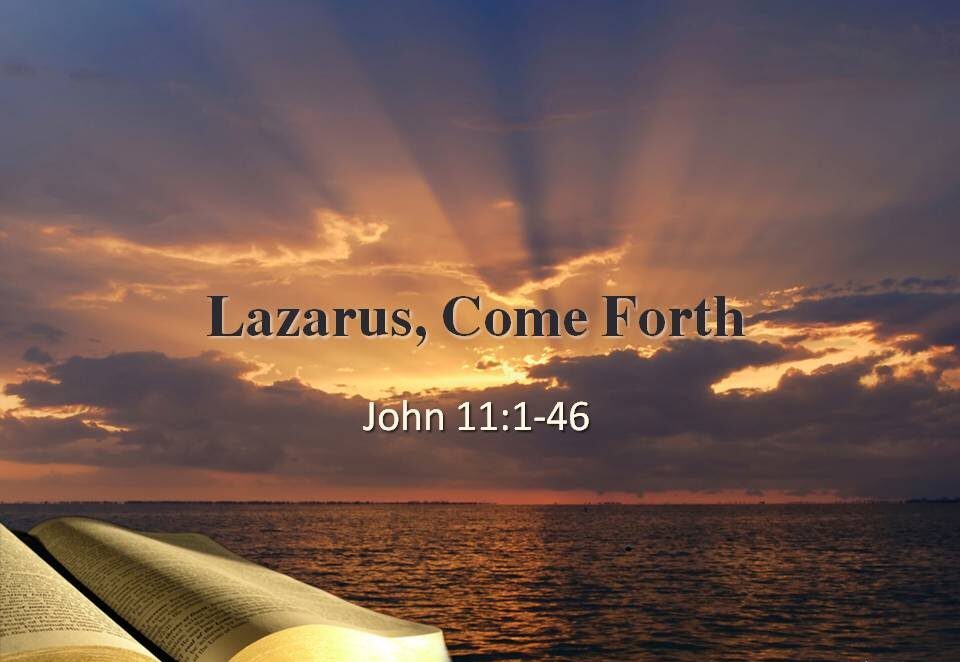
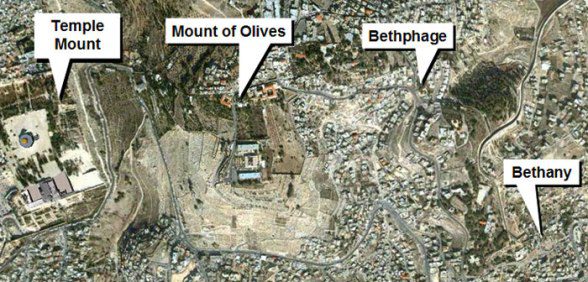
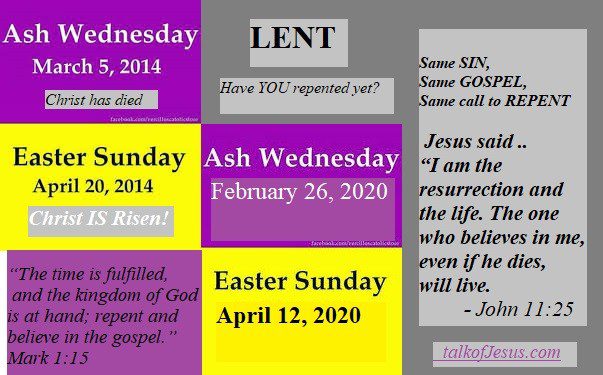
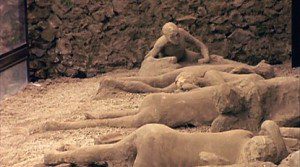 Abraham is standing before God pleading for mercy for the people of his nephew Lot’s city. It is a city and a place full of sin on which God will rain down His Almighty wrath and judgment – the city of Sodom.
Abraham is standing before God pleading for mercy for the people of his nephew Lot’s city. It is a city and a place full of sin on which God will rain down His Almighty wrath and judgment – the city of Sodom.